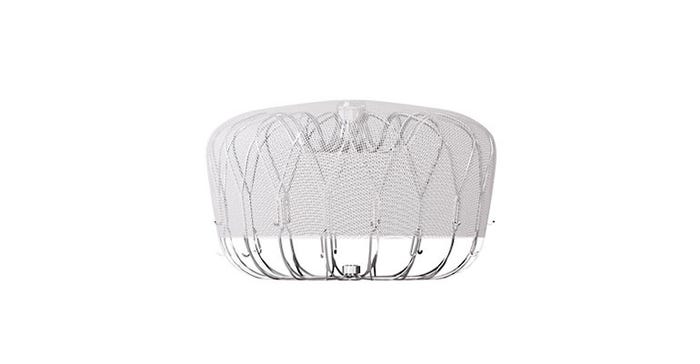Despite the procedure volume impact from COVID-19, Boston Scientific shared an upbeat outlook on the rest of the year.
July 29, 2020

Boston Scientific was one of the first medical device companies to cut pay and reduce weekly hours of some employees to offset the financial impact of COVID-19. Those cost-cutting measures apparently paid off because the company now expects to return to growth in the fourth quarter.
"While July has seen flare ups of COVID-related challenges in certain regions, we’re very encouraged by the strengthening trends we’ve seen in July versus those in June," CEO Mike Mahoney said during the company's second-quarter earnings call, according to Seeking Alpha transcripts.
While COVID-19 did impact procedure volumes significantly in the first half of the year across the medical device industry, Mahoney said Boston Scientific has a compelling global pipeline and several on-going launches and recent approvals (more on that below) that are helping lead the company's recovery. He also touted the company's overall favorable mix of high acuity and outpatient care products.
The Marlborough, MA-based company's second-quarter earnings report and management commentary regarding the second half of 2020 won a vote of confidence from industry analysts.
"While we admit there remains uncertainty around COVID case volumes, procedure recovery, patient hesitancy, and the referral channel, our revenue forecasts reflect this commentary," said Marie Thibault, a medtech analyst at BTIG and a former managing editor at MD+DI.
Thibault noted that BTIG's forecast for Boston Scientific is a 10.6% drop in third-quarter revenue (compared to third-quarter 2019 revenue) and a 2.5% growth in fourth-quarter revenue year-over-year.
A report from Mike Matson, a medtech analyst at Needham & Co., carries a similarly optimistic tone.
"While increasing COVID-19 case counts in some regions pose a risk to the improving trends, we expect the recovery to continue through 2H20," Matson said. "Despite some near-term uncertainty due to COVID-19, we believe that [Boston Scientific's] pipeline, mix of procedures, and balance sheet positions it well as the pandemic eases."
Boston Scientific touts an active product pipeline
Matson said Boston Scientific has a robust cadence of new product launches expected across the company's portfolio in the second half of this year. He mentioned several products in particular, including:
Boston Scientific snagged FDA clearance in December 2019 to sell its Exalt-D single-use duodenoscope in the United States to provide visualization and access to the upper gastrointestinal (GI) tract to treat bile duct disorders and other upper GI problems. The Exalt-D was the first fully disposable duodenoscope to reach the market. Mahoney said the Exalt-D launch was slow due to COVID impacts in the second quarter, however, he said the company is seeing increased interest as recovery from the pandemic improves. In addition, the Centers for Medicare and Medicaid granted a transitional path through payment for single use endoscopes, including the Exalt-D, which went into effect on July 1. That fact that infection prevention will be such a huge emphasis in a post-COVID world could be viewed as an added bonus of the new device.
SpyGlass Discover is a scope that is created specifically for the surgeon call point and is designed to enable a single-stage approach to treating bile ducts, Mahoney said. The device is currently in a limited market release in both Europe and the United States with a full launch planned in the second half of 2020.
Mahoney noted that the company is in a limited market release of Polarx, a second-generation single shot cryoablation catheter. Boston Scientific expects growth to accelerate in Europe as the company moves toward a full launch of the device in the second half 2020.
FDA cleared the Lux-Dx implantable cardiac monitor at the end of June. Mahoney said the device offers a seamless patient interface and back-end monitoring as well as the ability to be programmed remotely and have event detection settings adjusted without an in-person visit. This too can be seen as a positive development in a post-COVID environment.
Watchman FLX Left Atrial Appendage Closure technology is expected to enter a broader U.S. market launch in the fourth quarter after its recent FDA clearance. This device is pictured below, courtesy of Boston Scientific.

About the Author(s)
You May Also Like




